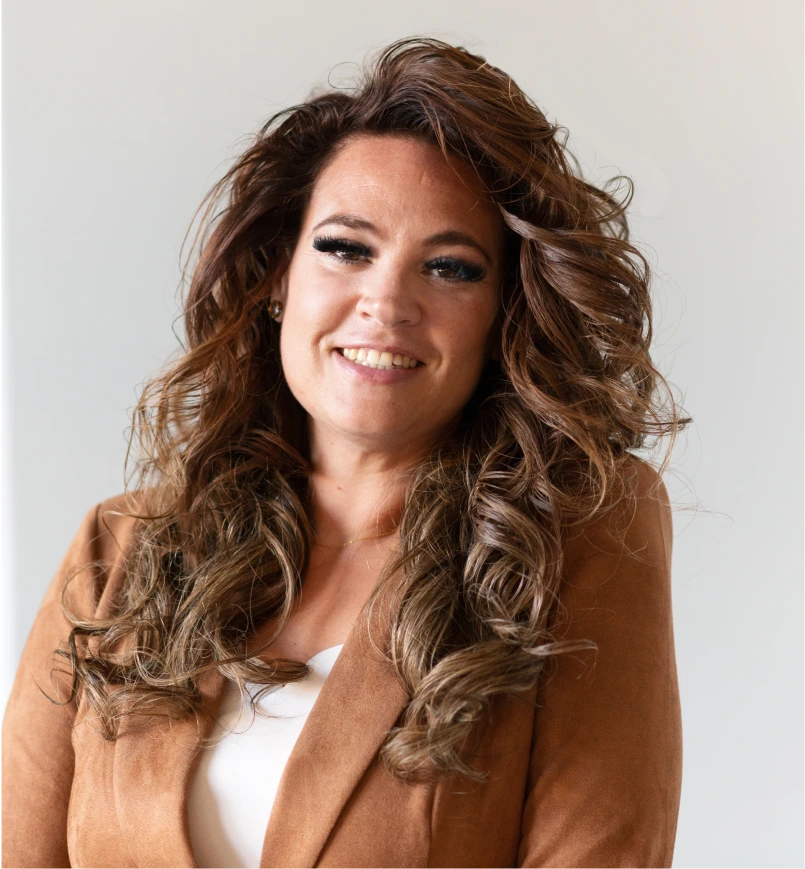Anxiety is a fancy word for worry and worry is a fancy word for fear. We do not worry over things we want to happen, that is called hope.
Worry is an emotion. Emotions are neither good nor bad. Emotions are normal responses that our body and mind provides us about a situation. Emotions are data points, information our mind and body gives us to manage day to day life.
What is the difference between worry about an upcoming event and experiencing anxiety?
For example, you are preparing for a job interview.
A Worry Response:
I might worry about whether I’ll perform well. I will think about the types of questions that might come up, whether I have enough experience, and whether I’ll be able to answer confidently.
These thoughts are typically focused on a specific future event (the interview itself) and tend to be focused on our thoughts.
The worry might sound like:
- “I hope I don’t forget what to say during the interview.”
- “What if they ask me a question I don’t know the answer to?”
- “I’ve prepared, but what if I still don’t do well?”
This is specific, context-driven, and short-term. The worry tends to come and go, and it usually gets resolved once the event (in this case, the interview) happens or once you’ve prepared for it.
I might still feel uneasy, but the worry is more manageable and temporary. It’s a normal and relatively healthy response to a situation that requires planning or problem-solving.
An Anxiety-Ridden Response:
Now, imagine that even after I’ve prepared for the interview, I’m still anxious about it. This anxiety is persistent, more generalized, and often out of proportion to the actual situation.
Instead of focusing just on the interview, I start feeling anxious about everything: my career, my future, my abilities. I may experience physical symptoms like an accelerated heart rate, tightness in my chest, or difficulty sleeping the night before.
The anxiety might sound like:
- “What if I don’t get the job? I’m going to fail in my career.”
- “What if I mess up in the interview and it ruins my future?”
- “I’ve never been good enough to get the job I want.”
- “What if I’m just not cut out for it?”
This is persistent, pervasive, and often out of proportion to the situation.
Anxiety doesn’t just focus on the interview, but spreads to other areas of life, like your self-worth, future career, or even personal relationships. The emotional and physical effects are intense and can interfere with daily functioning.
You may feel unable to stop thinking about worst-case scenarios, and even if the interview goes well, the anxiety doesn’t subside—it’s more of a chronic, ongoing state.
Anxiety will affect both your mind and body. Here is a chart with symptoms of anxiety.
| Emotions | Fear | Overwhelmed | Nervousness | Restlessness | Irritability |
| Thoughts | Catastrophic Thinking: "It's never going to work out!" | Consistently Worrying About the Future: "What if something goes wrong?" | Racing Thoughts: "I can't stop thinking about all the possibilities!" | Fear of Losing Control: "What if I lose it in front of everyone?" | Sense of Impending Doom: "Something terrible is about to happen." |
| Behavior | Avoidance of situations | Nail-biting | Fidgeting | Over-preparing | Difficulty focusing |
| Physical Body | Heart palpitations | Sweating & Trembling | Insomnia | Shortness of Breath | Muscle tension |
Anxiety is persistent, more generalized, and often out of proportion to the actual situation. Anxiety expresses itself in your body with rapid heart rate, sweating, trembling, muscle tension and difficulty falling and staying asleep.
A combination of these symptoms (thoughts, emotions, behavior and body) must occur for most days for at least 6 months for an anxiety diagnosis.
If based on this information you believe you may have anxiety and want treatment (*and live in the state of Utah) Dr. Anna Cariello is expertly trained in treating anxiety, both mind and body. Click the button below to schedule your free 15 minute consultation.
Your Story, Your Journey, Your Healing

By Dr. Anna Cariello
March 16, 2025


